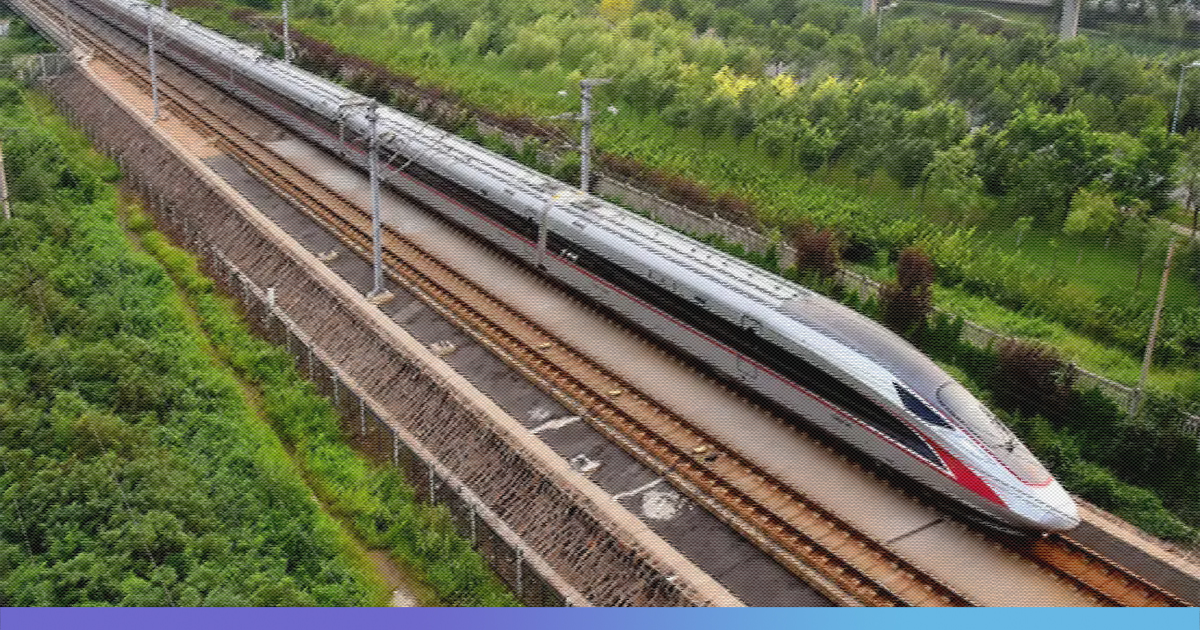The high-speed rail corridor, also known as the ‘Bullet Train Project’ is currently under construction and is set to run for the first time on August 15, 2022, connecting the city of Ahmedabad to the economic capital of the country that is Mumbai. While the work is in progress and a lot of land acquisitions are taking place, reports by the Transport Minister of Maharashtra Government has revealed that 54 thousand mangroves will be razed off for the purpose of construction.

Free Press Journal
In reply to a question asked by the Shiv Sena Legislator Manisha Kayande, Transport Minister of Maharashtra Diwakar Raote told the Legislative council that at least 54,000 mangrove trees spread across 13.36 hectares will be uprooted and the government plans to plant 5 times of the flora that will be cut off. Raote said in his written reply, “There will be no chopping of trees and there will be no threat of flooding to some parts of Navi Mumbai. The pillars (of the project) will be high and hence will not damage the environment”. Raote added that the government is in negotiation with the landowners and the locals who will be affected by the project and they are willing to cooperate if they are properly compensated.

The State Government also replied to a question asked by a Congress MLC Sharad Ranpise. Raote said, “The proposed land acquisition for the bullet train project is 1,379 hectares of which 724.13 hectares is private land in Gujarat while 270.65 hectares is in Maharashtra.”
“As many as 188 hectares of private land in Palghar district is going to be acquired of which 2.95 hectares have been purchased as per the ‘private negotiation’ policy of the state government. A many as 3,498 people from Palghar will be affected due to the bullet train project,” Raote said as reported by The Hindu.
“In Thane district, 84.81 hectares, belonging to 6,589 farmers, has been acquired of which 2.95 hectares have been purchased as per the private negotiation policy,” he added.
All this is being done under the private negotiation policy which was introduced a few years ago in 2015. This policy allows the government to directly purchase the land from the owners instead of following the traditional land acquisition process that normally takes more time.
Only time will tell whether the government will fulfil its promise of planting five times more than what is being cut, but razing off trees at such a mass scale will directly have a poor impact on the area’s biodiversity. The government should make sure that such developments are not built at the cost of nature.
Also Read: The Bullet Train May Trigger Social Conflict And Have Significant Environmental Cost












